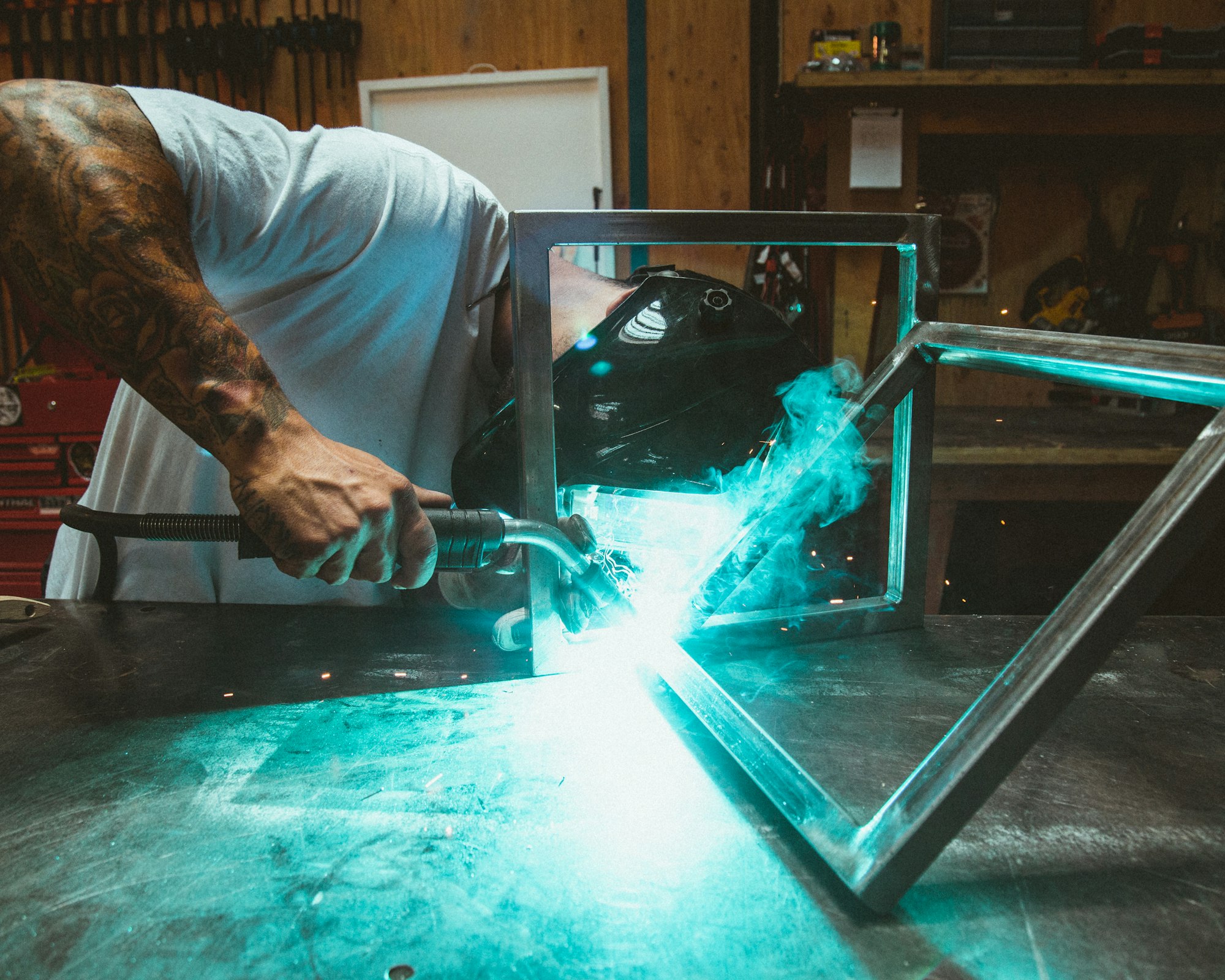Knowing how vs. Knowing what

Traditional education teaches what. It’s obsessed with definitions, facts, processes, principles, the right way of doing things.
Apprenticeship style education teaches how. The first thing you learn is there’s many ways to do the same thing.
I failed my first two years of university because I was lazy. But that was only half the reason. The other half was there was too much what going on. We’d sit there for hours being asked to remember paragraphs on a lecture slide, chapters in text books.
When I made the switch to learning how, my marks improved.
How?
Outside of university I was studying nutrition. I wanted to improve my physical and mental performance. I did my own research, practiced eating different foods. When I signed up to study nutrition science formally, I’d already done a bunch of experimenting. If I didn’t know the answer exactly, I at least knew were to look.
The same principle applies to any skill.
You can read as many books on swimming as you like. They’ll teach you the what. But would you want to rely on this knowledge to help you during a sail boating event gone wrong?
There’s another aspect here.
The one who knows what and doesn’t use it misses out on feedback.
The one who knows how and uses their ability gets the vital ingredients. Feedback from others. Feedback from themselves. They figure out what doesn’t work and are presented an opportunity to adjust.
Universities use exams to assess ability. However, rare is it you’ll ever have to rely all of your knowledge on a given topic in a single sitting. And even when you finish an exam, the feedback you get doesn’t come until weeks or months later. By then, it’s pointless.
How knowledge allows for immediate feedback. You can see what you’re doing, others can see what you’re doing. The shorter your time between experiments, the better.
The curious student asks, “How can I use what I’m learning?”.
The one trying to pass an exam asks, “What should I know for the exam?”.
